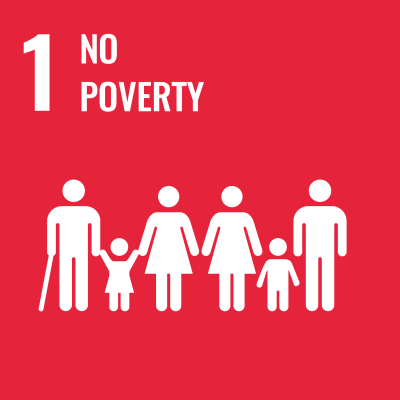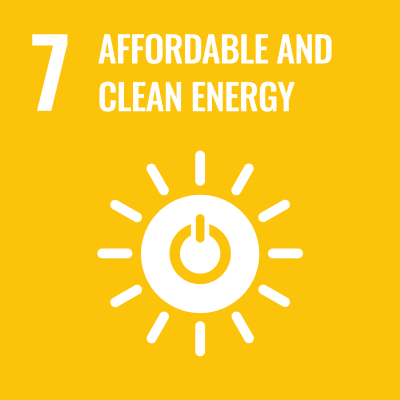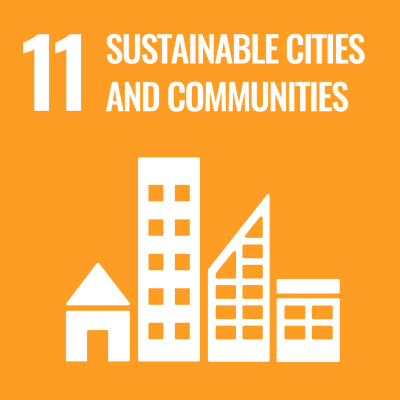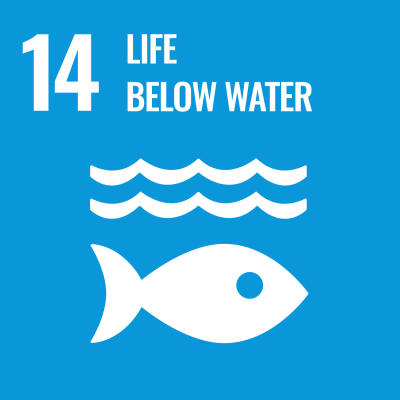Some 40 million people in the Democratic Republic of the Congo rely on the Congo Basin – home to the world’s second-largest tropical rainforest – for food, health, livelihoods and ecosystem services.
With the rainforest under siege from the triple planetary crisis of climate change nature and biodiversity loss, and pollution and waste, the UN-REDD Programme has helped the country develop a safeguards system, which provides information on how environmental and social benefits including risks are being managed in the forestry and other land-use sectors. Experts say this provides benefits at the local, national and global level, and it can earn the Democratic Republic of the Congo US$900 million a year in climate finance.
Protecting the forest is important for the country to meet its national climate action plan, also known as Nationally Determined Contributions (NDCs), a key part of the Paris Agreement on climate change.
Protecting forests is also important to improve global air quality. New research now shows that trees, in addition to storing carbon and removing ozone and particulate matter from the air, serve as a net sink of methane, a potent greenhouse gas that also pollutes the air. More than 99 per cent of the planet breathes air that the World Health Organization considers polluted, and the poorest and most marginalized, many of whom reside in Africa and Asia, suffer the most from dirty air.
As countries prepare to update their national climate action plans in 2025, experts are urging them to include targets to end deforestation and restore forests.
Ahead of the International Day of Clean Air for blue skies, celebrated annually on 7 September, learn more about how the Democratic Republic of the Congo’s sustainable agroforestry framework provides social, economic and health benefits.
UNEP’s work on methane
UNEP is at the forefront of methane emissions reduction in line with efforts to limit global temperature rise to 1.5˚C. UNEP works through two initiatives – the Climate and Clean Air Coalition (CCAC) and the International Methane Emissions Observatory (IMEO) – to bridge the gap between data, policy, and action to reduce methane emissions. Both initiatives support the implementation of the Global Methane Pledge, to which CCAC provides secretariat functions.
International Day of Clean Air for blue skies
The International Day of Clean Air for blue skies, held annually on 7 September and facilitated by the UN Environment Programme (UNEP), raises awareness about the importance of clean air for health, productivity, the economy and the environment. This year’s theme “Invest in #CleanAirNow” underscores the economic, environmental and health benefits of investing in clean air.
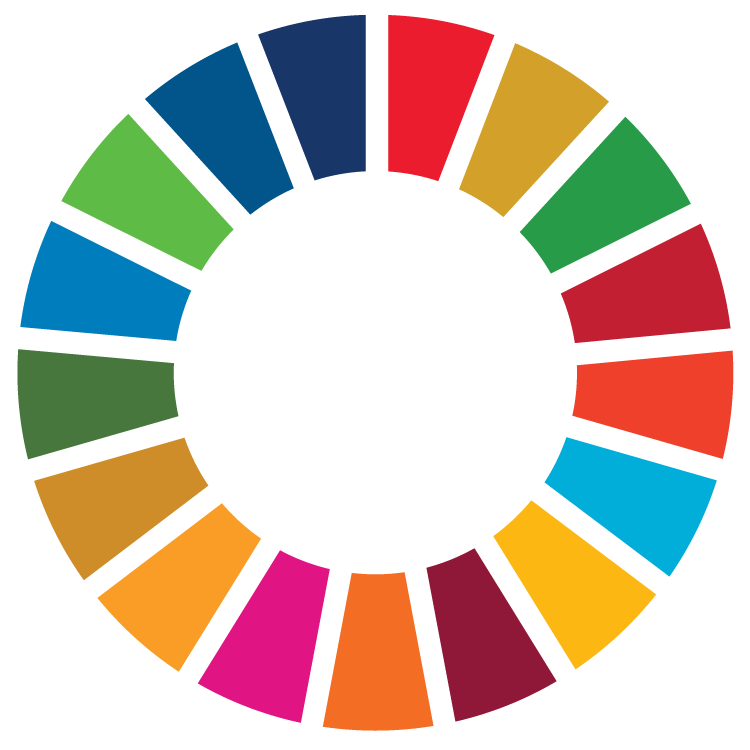
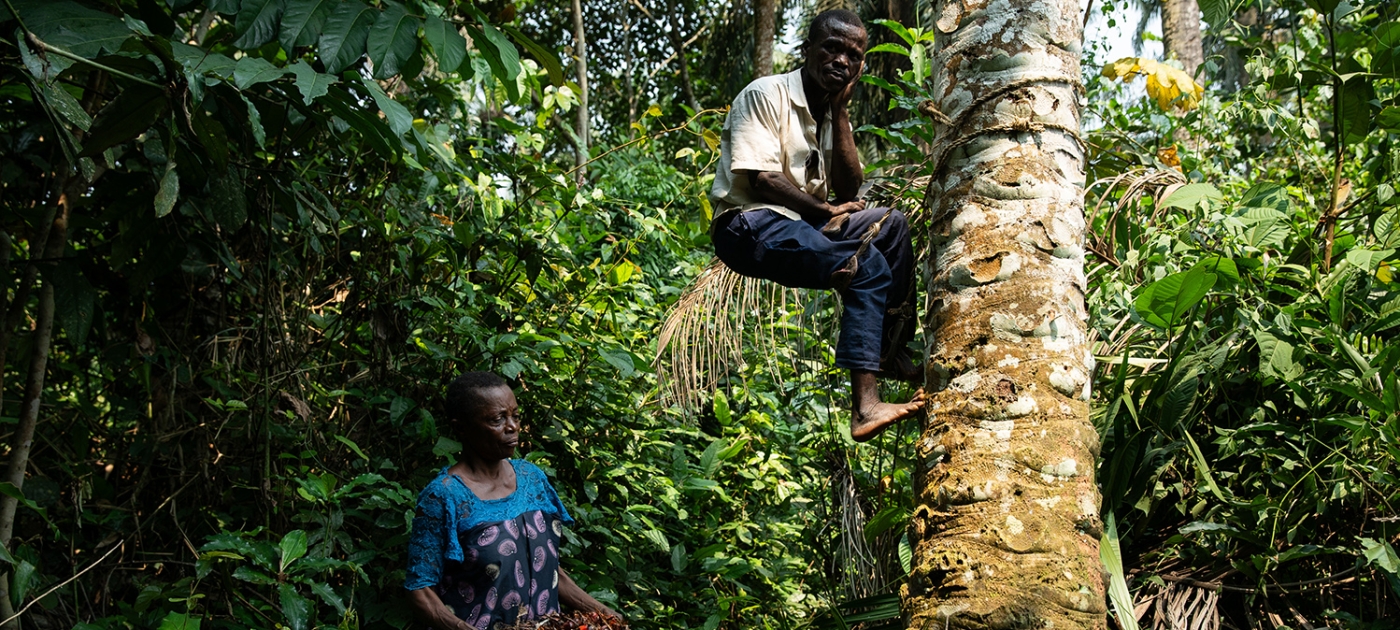
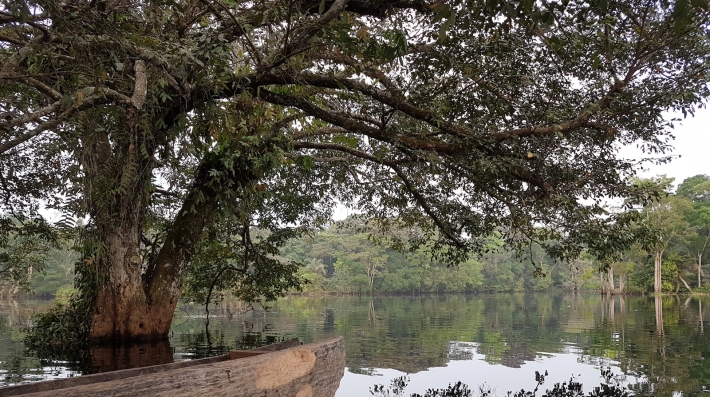

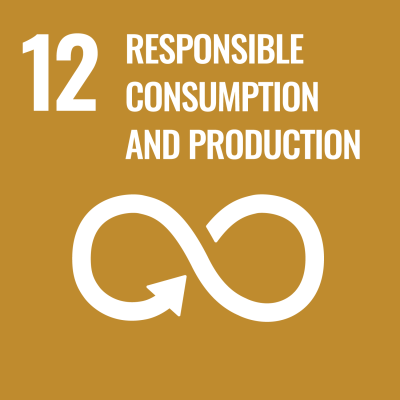
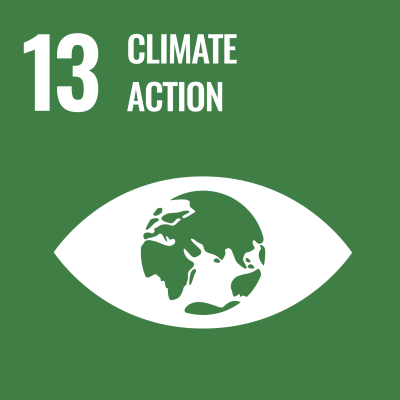
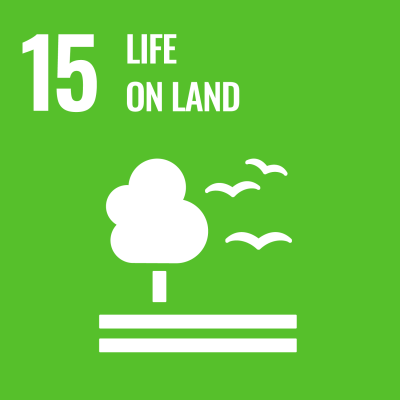
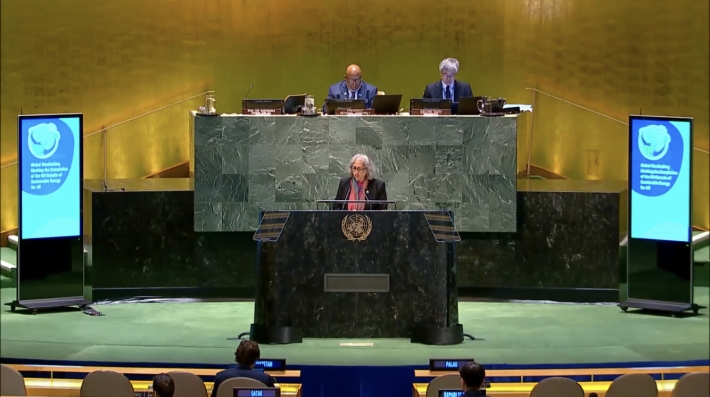
1793.jpg)
